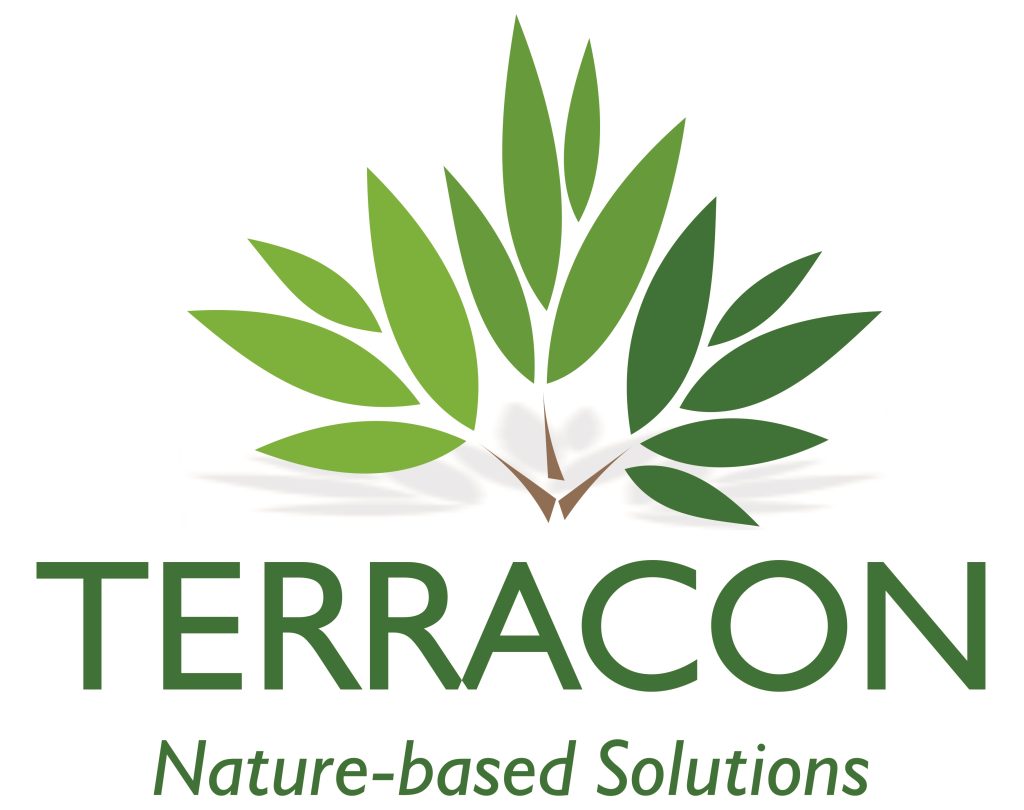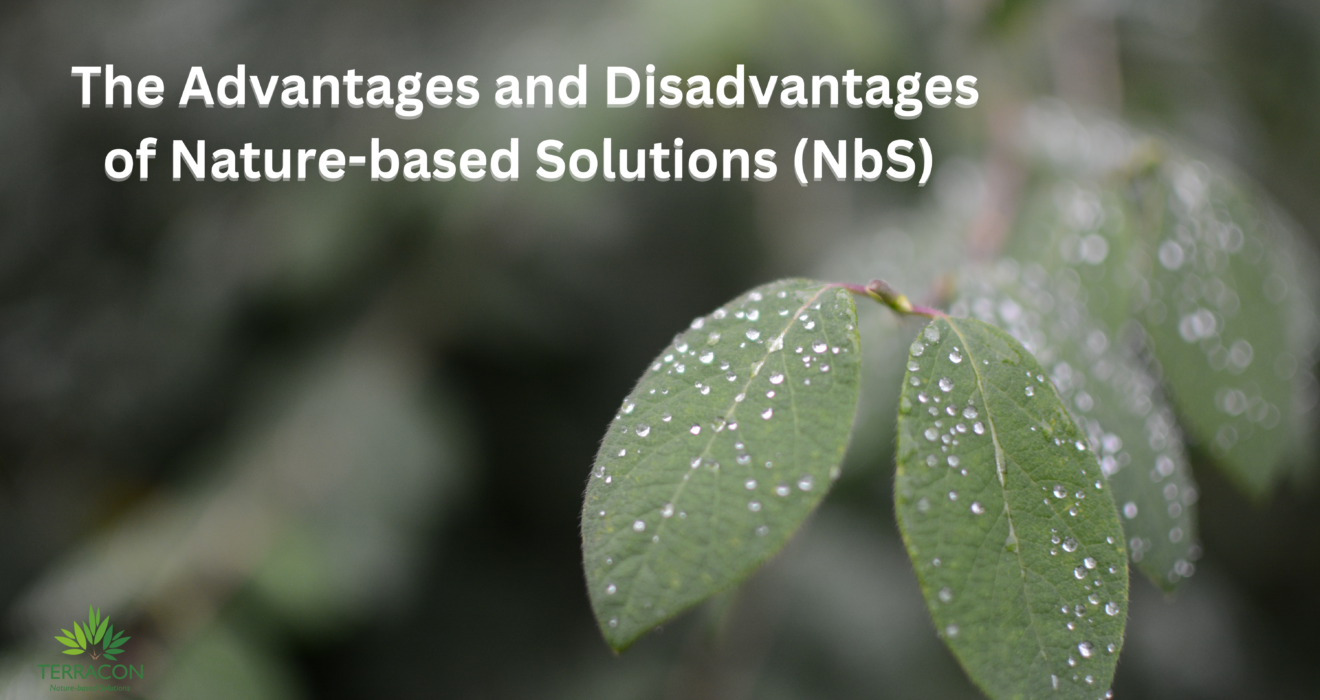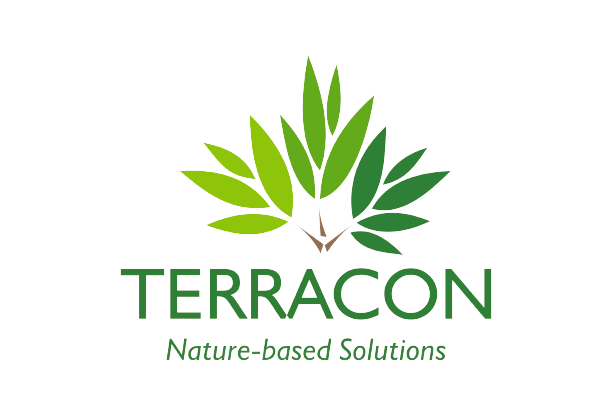In our quest for sustainable solutions to environmental challenges, Nature-Based Solutions (NbS) stand out as a beacon of hope, offering innovative approaches rooted in the wisdom of nature. However, like any solution, Nature-based Solutions come with their own set of advantages and disadvantages. Join us on a journey to uncover the intricacies of NBS, exploring the benefits they offer and the challenges they present in our modern world.
Advantages of Nature-based Solutions (NbS)

Environmental Benefits:
One of the primary advantages of NBS is their positive impact on the environment. By harnessing the power of nature, NBS helps to restore and protect ecosystems, mitigate climate change, and conserve biodiversity. For example, reforestation projects offset carbon dioxide, reduce soil erosion, and provide habitat for wildlife, while wetland restoration improves water quality and supports diverse aquatic ecosystems.
Climate Resilience:
NBS plays a crucial role in building climate resilience by enhancing the natural defenses of ecosystems. Coastal restoration projects, such as mangrove reforestation and coral reef rehabilitation, provide natural buffers against storm surges, erosion, and sea-level rise. Similarly, green infrastructure in urban areas helps to manage stormwater runoff, reduce flooding, and mitigate urban heat island effects, making cities more resilient to climate-related hazards.
Social and Economic Benefits:
NBS offer a range of social and economic benefits, including improved public health, enhanced quality of life, and economic opportunities for local communities. For instance, green spaces and urban parks provide recreational opportunities, promote mental well-being, and increase property values. Additionally, sustainable agriculture practices support rural livelihoods, improve food security, and contribute to local economies.
Cost-effectiveness:
In many cases, NBS are more cost-effective than traditional engineered solutions, particularly over the long term. Green infrastructure, such as rain gardens and permeable pavements, can reduce the need for expensive gray infrastructure investments in stormwater management. Similarly, natural flood management techniques, such as reforestation and wetland restoration, often provide greater benefits at lower costs compared to structural flood defenses.
Disadvantages of Nature-based Solutions (NbS) :

Limitations in Scope and Scale:
One of the main challenges of Nature-based Solutions is their limitations in addressing large-scale or complex environmental problems. While NBS can be effective at the local or regional level, they may not always be suitable for addressing global challenges such as climate change. Additionally, the implementation of NBS may require significant land area or resources, limiting their feasibility in densely populated or urbanized areas.
Time and Uncertainty:
NBS often requires time to develop and yield results, which can be a challenge in situations where immediate action is needed. For example, reforestation projects may take decades to reach maturity and provide significant ecosystem benefits. Additionally, the effectiveness of NBS may be uncertain or variable, depending on factors such as climate conditions, land use practices, and ecosystem dynamics.
Trade-offs and Conflicts:
NBS may involve trade-offs or conflicts with other societal priorities or land uses. For example, the establishment of protected areas or green spaces for conservation purposes may conflict with agricultural or development interests. Similarly, the implementation of coastal protection measures, such as mangrove reforestation, may compete with commercial activities such as aquaculture or tourism.
Maintenance and Management:
Like any infrastructure or ecosystem, NBS requires ongoing maintenance and management to remain effective over time. Without proper care and investment, NBS may degrade or become less resilient to environmental pressures. Additionally, the long-term success of NBS depends on factors such as community engagement, institutional support, and adaptive management practices.
Conclusion:
In conclusion, Nature-Based Solutions offer a promising approach to addressing environmental challenges, providing a range of benefits including environmental, social, and economic advantages. However, they also come with their own set of challenges and limitations, including uncertainties, trade-offs, and the need for ongoing maintenance. By carefully considering the advantages and disadvantages of NBS, and integrating them with other approaches where appropriate, we can harness the full potential of nature to build a more sustainable and resilient future for all.

Written by
Anjeeta Goud
Team- Business development and Strategy
Terracon Ecotech.
Reference :
https://unalab.eu/en/types-nature-based-solutionshttps://www.repsol.com/en/energy-and-the-future/future-of-the-
www.naturebasedsolutionsinitiative.org/what-are-nature-based-solutionshttp://ience/nature-based-
solutions/typeshttps://www.fema.gov/emergency-managers/risk-management/climate-resi




